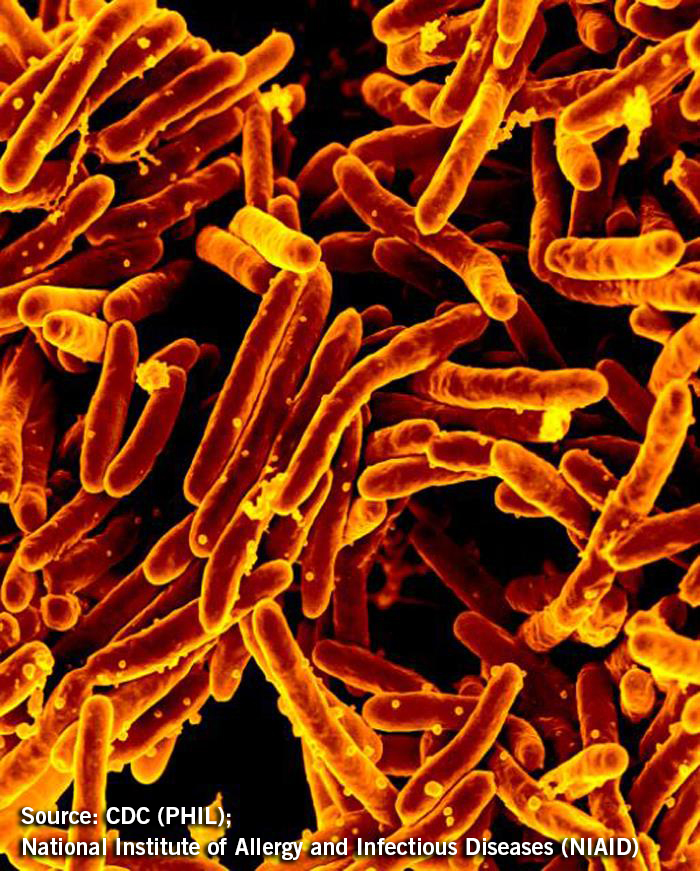by abrickmicrobiologicscom | Dec 22, 2016 | Clinical
For over 100 years, bacteria have been identified by their biochemical properties through the use of various test methods. With the addition of MALDI-TOF Mass Spectrophotometry (MS) technology, things are changing. In this post, we offer a brief overview of MALDI-TOF...
by Microbiologics | Nov 23, 2016 | Clinical, Food
STEC may not be a household term, but it is of great significance to food and clinical laboratories. In this post, we will describe what laboratories can do to help protect the public from this harmful and increasingly important group of bacteria. The information...
by Kelly Hedlund | Oct 20, 2016 | Clinical, Food
Escherichia coli may be the world’s most recognized bacterial species, but this one species varies tremendously. E. coli is found almost everywhere; from soil to raw meat to human intestines. There are plenty of good E. coli strains such as those that assist in food...
by Microbiologics | Sep 22, 2016 | Clinical, Pharmaceutical
For years, health organizations including the Centers for Disease Control and Prevention (CDC) and the World Health Organization (WHO) have warned that antibiotic resistance is a major global threat. The Review on Antimicrobial Resistance estimates that at least...

by Laurie Kundrat | Aug 25, 2016 | Clinical
According to the World Health Organization (WHO), tuberculosis (TB) is the greatest infectious killer worldwide after HIV/AIDS. Most cases of the disease can be treated by isoniazid and rifampicin, two powerful anti-TB drugs. Unfortunately, a drug resistant strain has...

by microbiologics | Aug 11, 2016 | Clinical, Water
After months of anticipation and media coverage about Zika virus and water quality issues in Brazil, the Games of the XXXI Olympiad in Rio de Janeiro are underway. Watching rugby players collide and rowers racing across Guanabara Bay made us wonder which...



